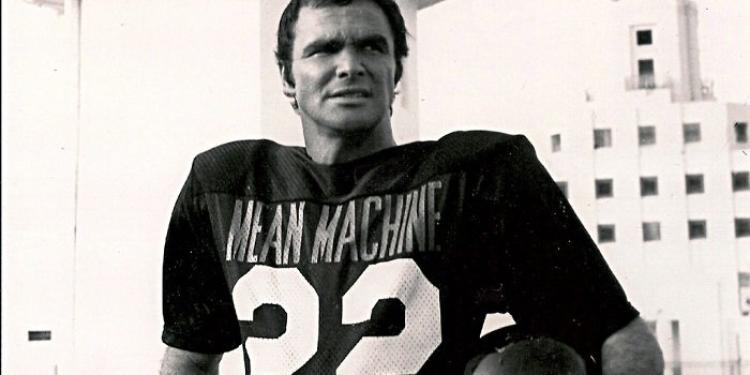The Ins and Outs of Match Fixing (part1)
Posted: May 14, 2015
Updated: October 6, 2017

Many sports can be rigged to make teams appear like they overcame large odds.
It’s common for sports teams to “come out of nowhere” and dominate without anyone predicting their grandiosity. The year before the Seattle Seahawks won the Superbowl, they were barely an average team. In the National Hockey League, when the LA Kings won their first Stanley cup title, it was known to US gambling news that they entered the final tournament as an 8th seeded team that won all four games 4-0.
• The sports bribery act made it illegal to bribe sports officials, players or staff.
• In the 1950’s a law passed making “intellectual” contests illegal to fix.
• There aren’t any laws that make it illegal for sports leagues to fix their games.
Often these “super teams” tend to lose their powers before the start of the next season. When the Baltimore Ravens won the Superbowl, they weren’t even able to make the playoffs the following and previous years. Although it’s exciting to see sports teams come from behind as underdogs and win it all, sometimes the performances beg to be questioned. Let’s look at some of the peculiarities that tend to occur in sports.
Laying the groundwork for sports game manipulation
Brian Tuohy, America’s leading expert on game fixing, has written two books “The Fix is in: The Showbiz Manipulations of the NFL, MLB, NBA, NHL and NASCAR” and Larceny Games: Sports Gambling, Game Fixing and the FBI”, explained the concept of “parity” which is used as a powerful tool by sports leagues to create a sense of fairness in the sport and reasons for unlikely victory.
“Everyone’s goal in the NFL is to have a record of 8 wins and 8 losses in the final week of the regular season so everybody can be on an equal level at the start of the playoffs.”
This technique can used to give reason to most who might be suspect of questionable wins by simply stating that team performances fall within the set-up of the sport so that games are more exciting and memorable.
“Through much research I’ve discovered that there’s no law preventing a league from fixing their own games.” The “Sports bribery act”, which is more aimed towards US gambling laws, passed in 1964 and made it illegal for a person to bribe coaches, referee, players or anyone directly influencing the outcome of a game for gambling purposes. If a team there isn’t gambling involved, a league can do whatever they want with their games.
Another law, which came out during the time of television quiz shows that were suspicious, stated that it’s illegal to manipulate “intellectual contests.” This lays another premise for the validity of televised contests like “Survivor” and “American Idol” where laws don’t exist that prohibit anyone from altering the outcome. Sports are a physical act, not an intellectual one, and can be changed to make it appear more exciting for viewers.
The advantages of game fixing for television.

There are several advantages to fixing competitions that are televised. As in the case of talent competitions, certain acts can be pitted against each other in order to create more excitement by the audience. This leads to more viewership and higher ratings. Higher ratings leads to more viewers exposed to advertised products. Greater exposure to advertised products equals more sponsorship money.
Sports leagues have the ability to stage events the same way as talent competitions without being subject to any laws. When the Seahawks played the Broncos in the 2013 Superbowl, towards the end of the NFL season, constant reminders of “great comebacks” in NFL history were mentioned. Although the Seahawks had a wide margin in the third quarter, television ratings indicate that the highest viewership was during that quarter.
NFL fans, who always had a love and admiration for quarterback Peyton Manning, were the most hopeful when his Bronco team was down. They associated Manning with coming back from impossible odds and hope for a miraculous performance. Sports have to provide a necessary entertainment value in order to generate money from television viewers, betting punters and those using mobile betting as well.
League executives have the power to control referee calls during a match. Referees can be told to give more “leniency” to certain players. The two-minute warning was created in American football specifically for television by taking advantage of viewers during the possible height of a game. The 24-second clock was instituted by the NBA to force greater entertainment for television viewers.












